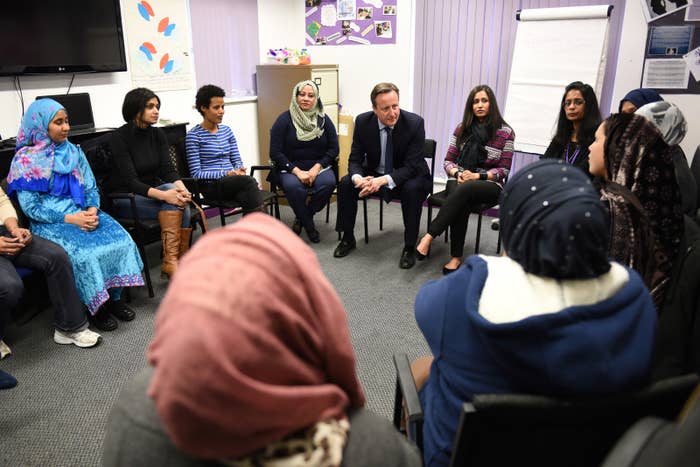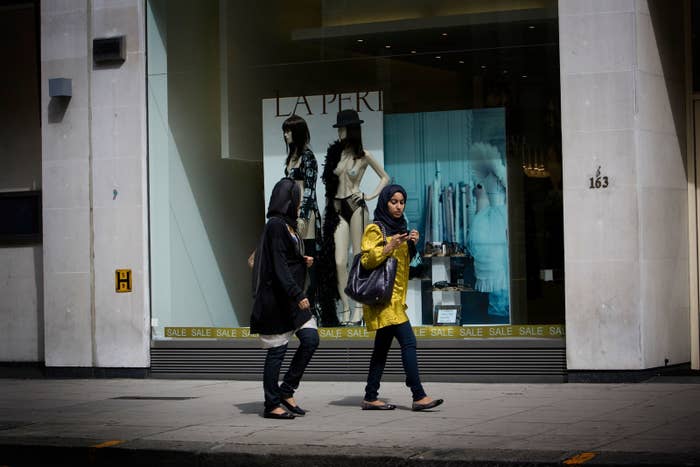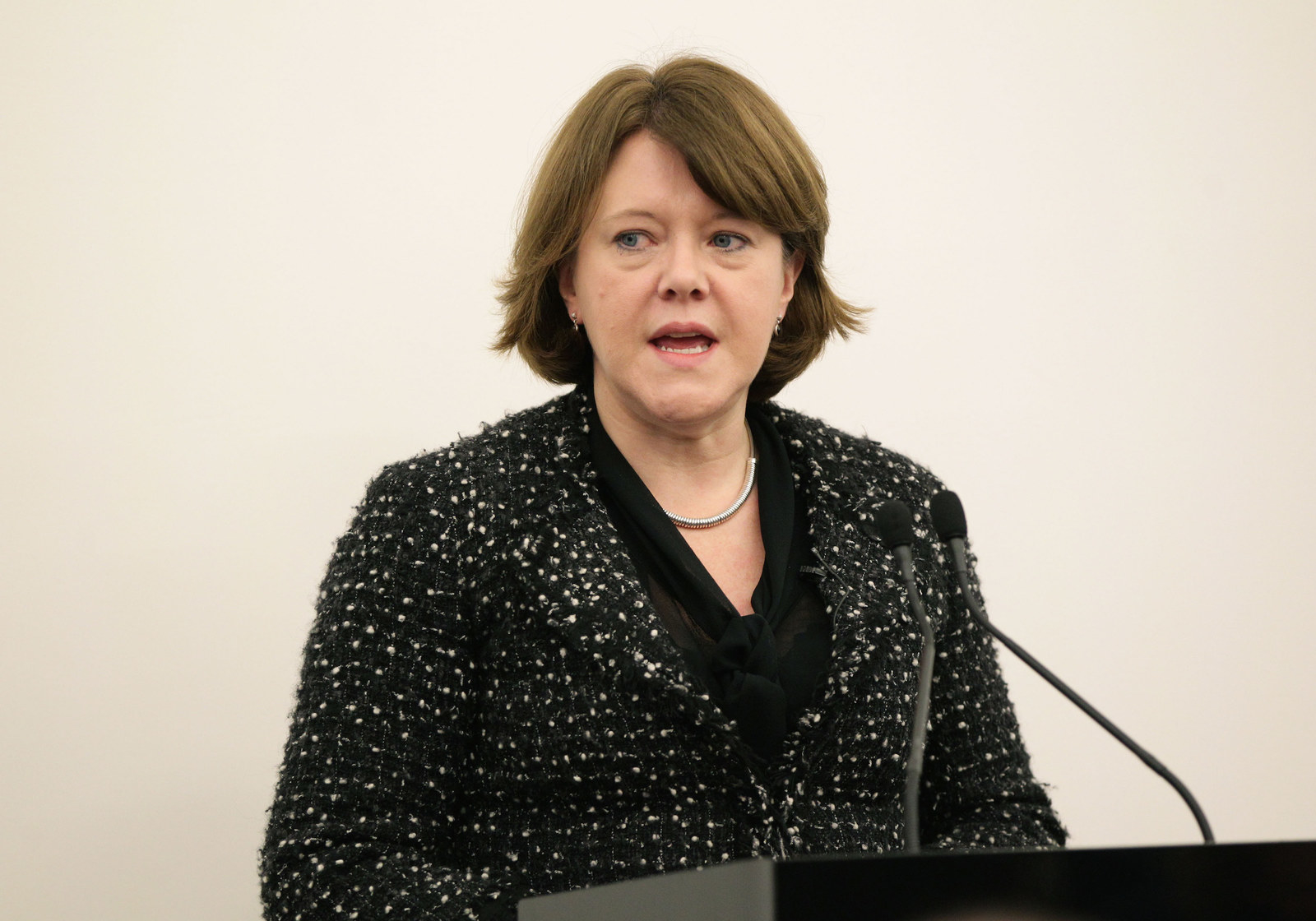
Muslim people are more likely than those from any other religious group in Britain to be out of work – and women are hit the hardest, a committee of MPs has warned.
Unemployment rates for Muslims are more than double those of the general population (12.8% compared to 5.4%). And 41% are "economically inactive" – without a job and not actively seeking one – compared to 21.8% of the general population, the Commons women and equalities committee found.
Almost two-thirds (65%) of economically inactive Muslims are women, according to the report, which was published on Thursday. In fact, Muslim women are 71% more likely than white Christian women to be unemployed, even when they have the same educational level and language skill.
So why are Muslim women so much more likely to be out of work – and what can the government do about it? The MPs examined what was going on.
Family pressures
Nearly half (44%) of economically inactive Muslim women say they are unable to work because they look after the home, according to research by think tank Demos.
That compares with a national average of 16% of women across Britain who cite the same reason. Academics told the committee there was a "conventional cultural acknowledgement" among Muslims that "women are homemakers and men are breadwinners".
But there are big generational divides, suggesting that attitudes are changing. Fewer than a quarter of 16- to 24-year-old Muslims agree that "a wife's job is to look after the home and family", compared to 50% of over-55s.
English language skills
The MPs found that language skills "continue to be a barrier" for some Muslim women but a lack of data means it's not clear how widespread the problem is.
Nazmin Akthar from the Muslim Women's Network UK, which runs an advice helpline, said some women are not allowed out and are banned from speaking to anyone in English. "It is a way of controlling people," she told the committee.
"It might be that it does not happen as much as it used to, but that does
not change the fact that it does exist and even one case of it should not be
happening."
But Sufia Alam from the Maryam Centre, part of the East London Mosque Trust, said women were more and more likely to be encouraged – by their husbands and faith leaders – to take English lessons.
Role of mosques
The failure of some mosques to involve Muslim women in the way they're run is having a negative impact on women's confidence and their attempts to find work, the committee heard.
The Muslim Women's Network UK said: "If you are running a mosque and you have charitable status ... you should be catering for Muslim women and you should have them in roles."

Impact of Islamophobia
A rise in Islamophobic hate crime over recent years is affecting women's participation in the workplace, according to monitoring group Tell Mama, which told MPs the rise had a "distinctly strong impact on their lives".
Professor Anthony Heath, from Oxford University, and Dr Asma Mustafa, from the Oxford Centre for Islamic Studies, also said Muslim women were being put off applying to certain work sectors such as police, armed forces, and building firms.
They said there was an assumption that "people working in these areas are likely to have contentious views of Muslims; exude negative attitudes towards a Muslim co-worker and provide an alienating work environment".
The Muslim Women's Network UK said employers should offer to pay taxi fares or arrange car sharing to help women feel safer at work.
Discrimination in the recruitment process
Witnesses raised many examples of the discrimination that Muslim women face in job interviews. "Muslim women tend to be asked more than white British women about marriage, about their childcare," said Iman Abbou Atta from interfaith organisation Faith Matters.
Research from the European Network Against Racism found that 1 in 8 Pakistani women in Britain are asked about marriage and family aspirations, compared to 1 in 30 white women. They also found evidence of "name-based discrimination" on job applications.
Religious or cultural dress can also affect job outcomes – with the niqab or hijab deterring some bosses from hiring women, according to the committee.

So what can the government do about it?
The committee, chaired by Tory MP Maria Miller, warned that the government too often linked its efforts on integration with counter-extremism – and said ministers needed to "rebuild trust" with Muslim communities.
The MPs also said stereotypical views about Muslim women held by some employers and communities were holding them back and that the government should "show confidence in challenging such views".
Ministers should create "specific national outreach programmes" to promote female role models in mosques and within Muslim communities. And they should raise awareness among employers as to what constitutes illegal discrimination, particularly for those who advertise through Jobcentre Plus.
Miller said: "This report underlines the positive contributions of Muslims across the UK, and the urgent need to make equality of opportunity a reality for people of every faith and background."
A government spokesperson said there were now 340,000 Muslim women in employment, compared to 234,000 in 2011.
“The government is committed to making Britain a country that works for everyone," they said. "We want all people, regardless of their faith or gender to have access to the same opportunities so that they can reach their full potential."
